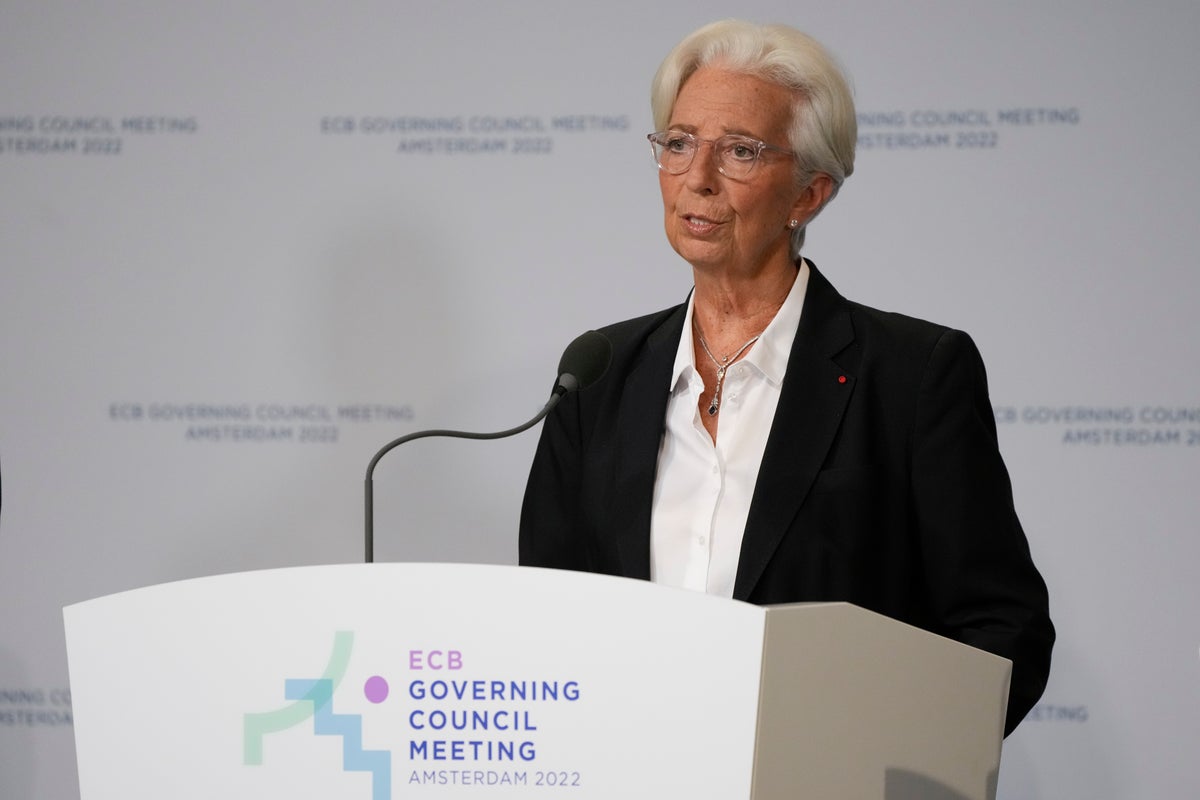
The European Central Bank (ECB) is to hold an unscheduled meeting on Wednesday amid growing fears that turmoil in bond markets is causing big increases in the cost of government borrowing.
Bond yields - which indicate the price that governments must pay investors to borrow money - have risen sharply amid fears for the outlook for European economies.
Rising borrowing costs have also come as central banks hike interest rates to contain a surge in living costs.
Higher debt interest repayments could hamper governments’ ability to provide financial help to households and businesses struggling with massive increases to fuel and energy costs.
"The Governing Council will have an ad-hoc meeting on Wednesday to discuss current market conditions," an ECB spokespersontold Reuters.
Bond yields have risen sharply since the ECB announced its plan for rate hikes last Thursday.
The premium that some member states pay over the risk-free German 10-year bond has spread. Ten-year German yields currently sit at 1.77 percent, while Italian 10-year bonds are 240 basis points higher — the largest spread since early 2020.
Several eurozone nations are highly indebted, with debt piles equivalent to more than their entire annual economic output.
The cost of Covid support programmes has added to debt built up after the financial crisis that has yet to be paid down.
The Bank of Englad is widely expected to increase interest rates when its Monetary Policy Commitee meets on Thursday. That will mean higher borrrowing costs for homeowners on variable or tracker mortgages.
In the US, experts have warned that a closely-watched indicator is pointing towards a looming recession.
The “yield curve”, which plots the amount investors are willing to receive in exchange for lending money to governments, turned negative on Tuesday. It means that investors are pessimistic about the health of the economy.
Usually, long-term government debt offers higher yields than short-term debt, because investors are locking away their money for longer. However, when fears increase about a sharp downturn they’re willing to accept less for a Treasury maturing many years in the future.







